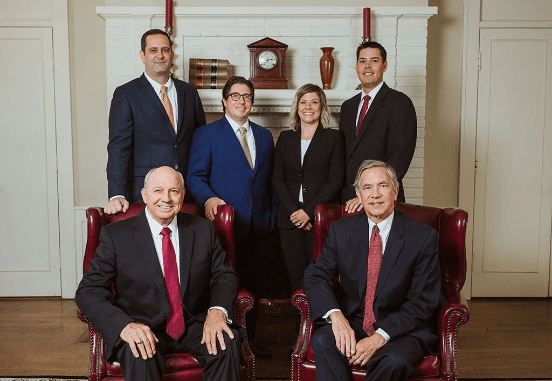
The term “full coverage insurance” is somewhat of a misleading term in Florida. If you went anywhere else and asked for full coverage, it’s safe to think that you were asking for everything possible to be covered. For Florida drivers, however, full coverage is not 100% clear. Every driver in Florida should understand the terms of their insurance policy.
If you have any questions about full coverage insurance, the Orlando car accident attorneys at Wooten, Kimbrough, Damaso & Dennis, P.A. would love to help you. It is important that you understand your insurance policy so that insurance companies do not take advantage of you.
What Is Full Coverage in Florida?
Florida law does not use the term “full coverage,” so there is not a legal standard for this type of coverage. Florida simply spells out a minimum level of insurance coverage for drivers who live there. Minimum driver’s insurance must include:
- $10,000 of Personal Injury Protection (PIP)
- $10,000 of Property Damage Liability (PDL)
Up to 80% of your medical bills and 60% of any lost wages are taken out of the $10,000 of PIP if you are hurt in an accident. PDL will cover your medical, surgical, funeral, and disability benefits.
Florida is a no-fault state, which means that insurance is meant to cover your own injuries rather than suing a person to pay out to another person. Basically, no-fault means that it does not matter who caused the accident because everyone involved has to file a claim with their own insurance company.
Does Full Coverage in Florida Actually Cover Everything?
Florida Full Coverage is not the same as comprehensive coverage, which covers natural disasters, theft, windshield damage, vandalism, hitting animals (including alligators in the Sunshine State).
Comprehensive coverage still will not cover damage caused to your car. That would be covered under collision coverage. Collision coverage will help you pay for repairs on your car for colliding with stationary objects. This includes light poles, fences, and jersey walls. In the event of a single-car rollover, you are covered with collision coverage. There is one caveat, however, and it is that Florida collision coverage only covers damage to your own vehicle, not someone else’s.
If you are in a car accident, and it is determined that you are at fault, your collision insurance will only ever cover your vehicle.
With both comprehensive and collision insurance, your monthly or semi-annual insurance bill will absolutely increase. So-called full coverage will meet the state minimum requirement, but the cost of repairing your car will be entirely out of your own pocket. Furthermore, $10,000 is not always enough money to cover medical costs, especially in catastrophically damaging incidents.
Finally, there is a two-year statute of limitations from the date of an accident to file a claim. Case specifics determine the time limit for filing a claim, making attorney guidance critical.
Contact the Qualified Florida Car Insurance Lawyers at Wooten, Kimbrough, Damaso & Dennis, P.A.
If you have been in an accident and want full liability coverage, the attorneys at Wooten, Kimbrough, Damaso & Dennis, P.A. are ready to help. We have over 100 years of combined experience handling personal injury law cases, and we know how to communicate with insurance companies. When you work with our seasoned professionals, you are teaming up with advocates who have your best interests at heart. For a free consultation, you can call our office at (407) 843-7060 or fill out our contact form

Legally Written and Reviewed by a Managing Partner
Wooten, Kimbrough, Damaso, and Dennis, P.A.
Our content is written and reviewed by our founding attorneys Butch Wooten, Orman Kimbrough, Mike Damaso, and Tom Dennis. Helping the injured since 1966, they’ve successfully handled thousands of personal injury cases across Florida. Whether you’re a Florida resident or an out-of-state visitor injured in Florida, we’re dedicated to providing clear and reliable information to help you navigate your legal options confidently.




